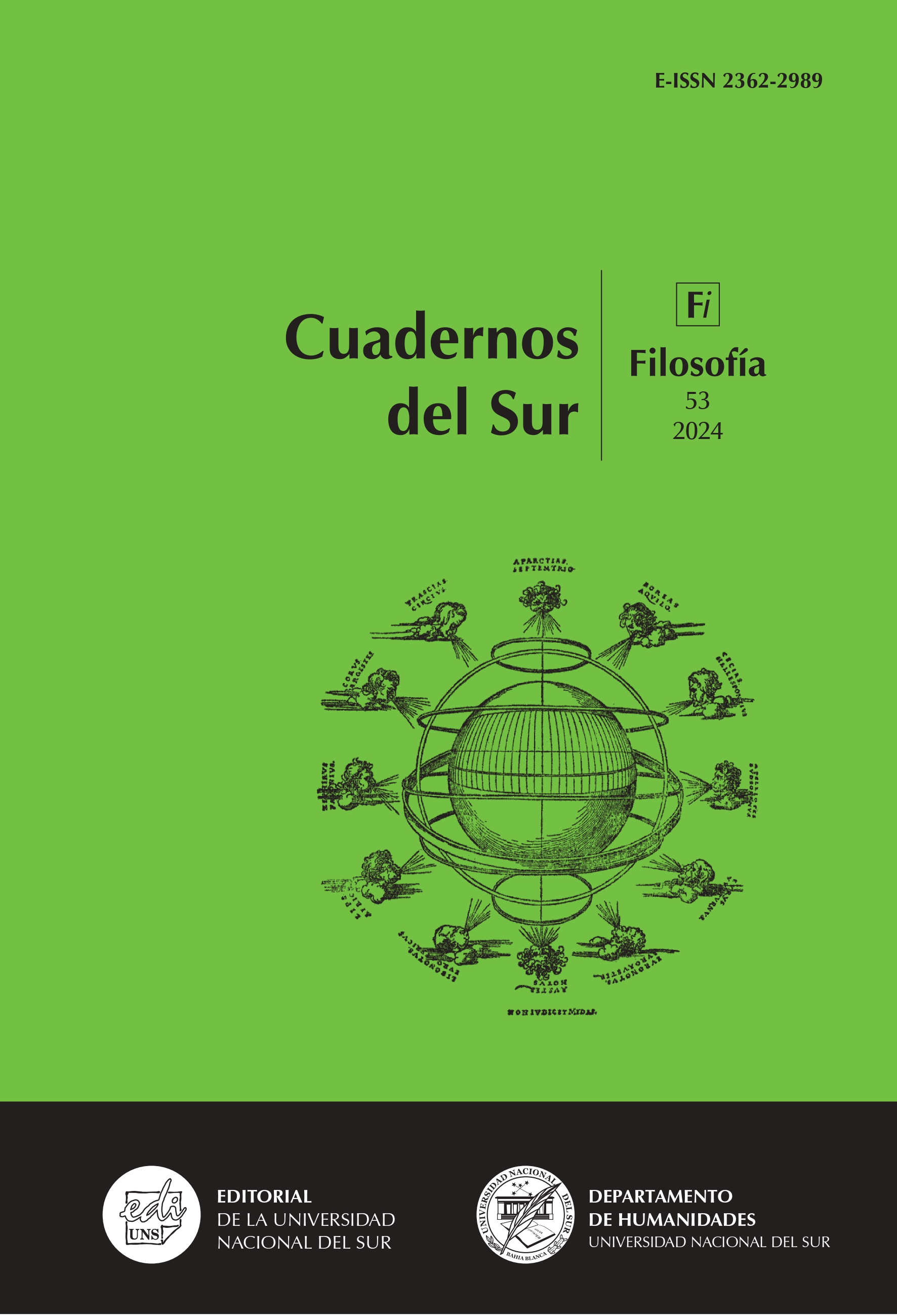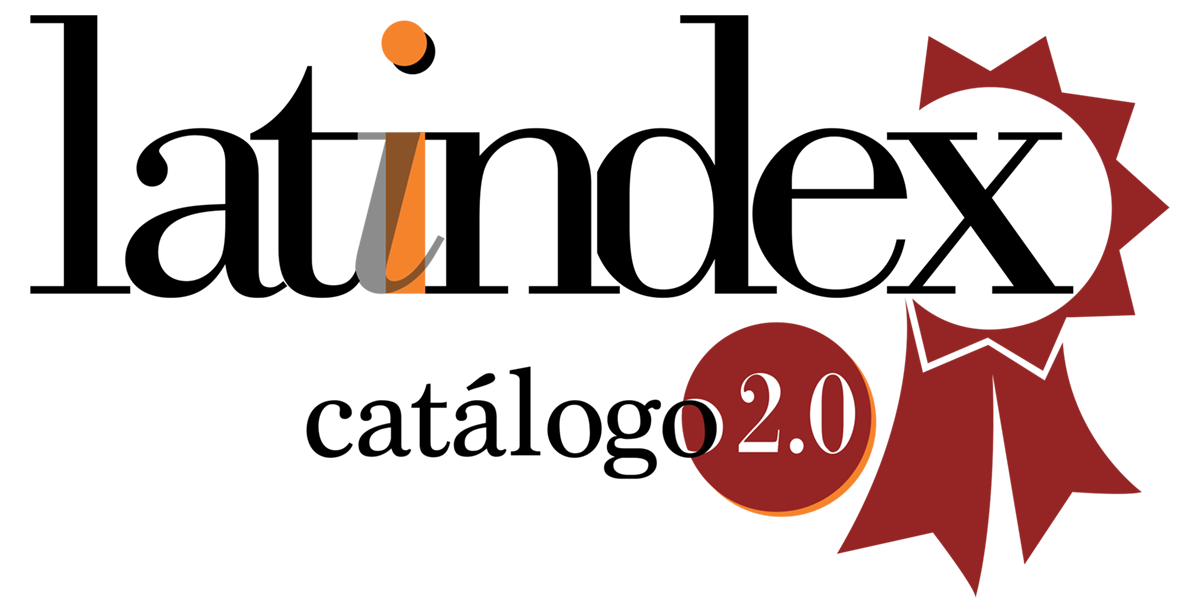The role of empathy, compassion and anger in morality: a rapprochement between the philosophies of Prinz and Nussbaum
DOI:
https://doi.org/10.52292/csf5320244821Keywords:
empathy, anger, compassionAbstract
From various philosophical perspectives, such as the philosophy of mind and ethics, we study not only what empathy, compassion, and anger are, but also their moral functions. Furthermore, it is investigated whether these emotions can be managed, taught and learned. Authors such as Prinz (2006) and Nussbaum (2014) talk about what emotions are, and provide empathy, compassion and anger with some moral function. The aim of this paper is to compare the approaches that Prinz (2006) and Nussbaum (2014) make to these emotions from divergent theoretical frameworks. Specifically, their arguments about empathy, sympathy, compassion, anger and concern will be reconstructed. Then, agreements and disagreements between the authors will be presented. This analysis will show if a rapprochement between their philosophies is possible and a broad and plural look at the function of emotions in morality will be obtained.
Downloads
References
Nussbaum, Martha (2006), El ocultamiento de lo humano. Repugnancia, vergüenza y ley, Buenos Aires, Katz.
----- (2008), Paisajes del pensamiento. La inteligencia de las emociones, Barcelona, Paidós.
----- (2012), “Influencias filosóficas”, en Crear capacidades. Propuesta para el desarrollo humano, Barcelona, Paidós, pp. 149-169.
----- (2014), “La sociedad aspiracional: igualdad, inclusión, distribución”, en Emociones políticas. ¿Por qué el amor es importante para la justicia?, Barcelona, Paidós, pp. 143-168.
----- (2018), La ira y el perdón, México, Fondo de Cultura Económica.
Prinz, Jesse (2004), Gut Reactions: A Perceptual Theory of Emotion, Nueva York, Oxford University Press.
----- (2006), The Emotional Construction of Morals, Nueva York, Oxford University Press.
----- (2011), “Against Empathy”, The Southern Journal of Philosophy, vol. 49, pp. 214-233.
Batson, Daniel (2011), Altruism in Humans, Nueva York, Oxford University Press.
de Waal, Frans (2007), Primates y filósofos, Barcelona, Paidós.
Fernández, Mariana y Fonseca, Guillermo (2022), “Pensar la educación desde una perspectiva basada en la empatía y la compasión”, en Brunsteins, Patricia (comp.), Empatía: un debate filosófico, Córdoba, Brujas, pp. 135-148.
Feshbach, Norma y Feshbach, Seymour (2009), “Empathy and Education”, en Decety, Jean e Ickes, William (eds.), The Social Neuroscience of Empathy, Cambridge, MIT Press, pp. 85-98.
Gutsell, Jennifer e Inzlicht, Michael (2010), “Empathy constrained: Prejudice predicts reduced mental simulation of actions during observation of outgroups”, Journal of Experimental Social Psychology, vol. 46, pp. 841-845.
Hoffman, Martin (2000), Empathy and moral development, Cambridge, Cambridge University Press.
Hume, David (1978), A Treatise of Human Nature, Oxford, Oxford University Press, [1739].
Xu, Xiaojing et al. (2009), “‘Do you feel my pain?’ Racial group membership modulates empathic neural responses”, Journal of Neuroscience, vol. 29, pp. 8525-8529.
How to Cite
Issue
Section
License
Copyright (c) 2024 Mariana Fernández

This work is licensed under a Creative Commons Attribution-NonCommercial 4.0 International License.
Aquellos autores/as que tengan publicaciones con esta revista, aceptan los términos siguientes:- Los autores/as conservarán sus derechos de autor y garantizarán a la revista el derecho de primera publicación de su obra, el cuál estará simultáneamente sujeto a la licencia Atribución-No Comercial 4.0 Internacional CC BY-NC 4.0.
- Los autores/as podrán adoptar otros acuerdos de licencia no exclusiva de distribución de la versión de la obra publicada (p. ej.: depositarla en un archivo telemático institucional o publicarla en un volumen monográfico) siempre que se indique la publicación inicial en esta revista.
- Se permite y recomienda a los autores/as difundir su obra a través de Internet (p. ej.: en archivos telemáticos institucionales o en su página web) una vez publicado su trabajo, lo cual puede producir intercambios interesantes y aumentar las citas de la obra publicada. (Véase El efecto del acceso abierto).










